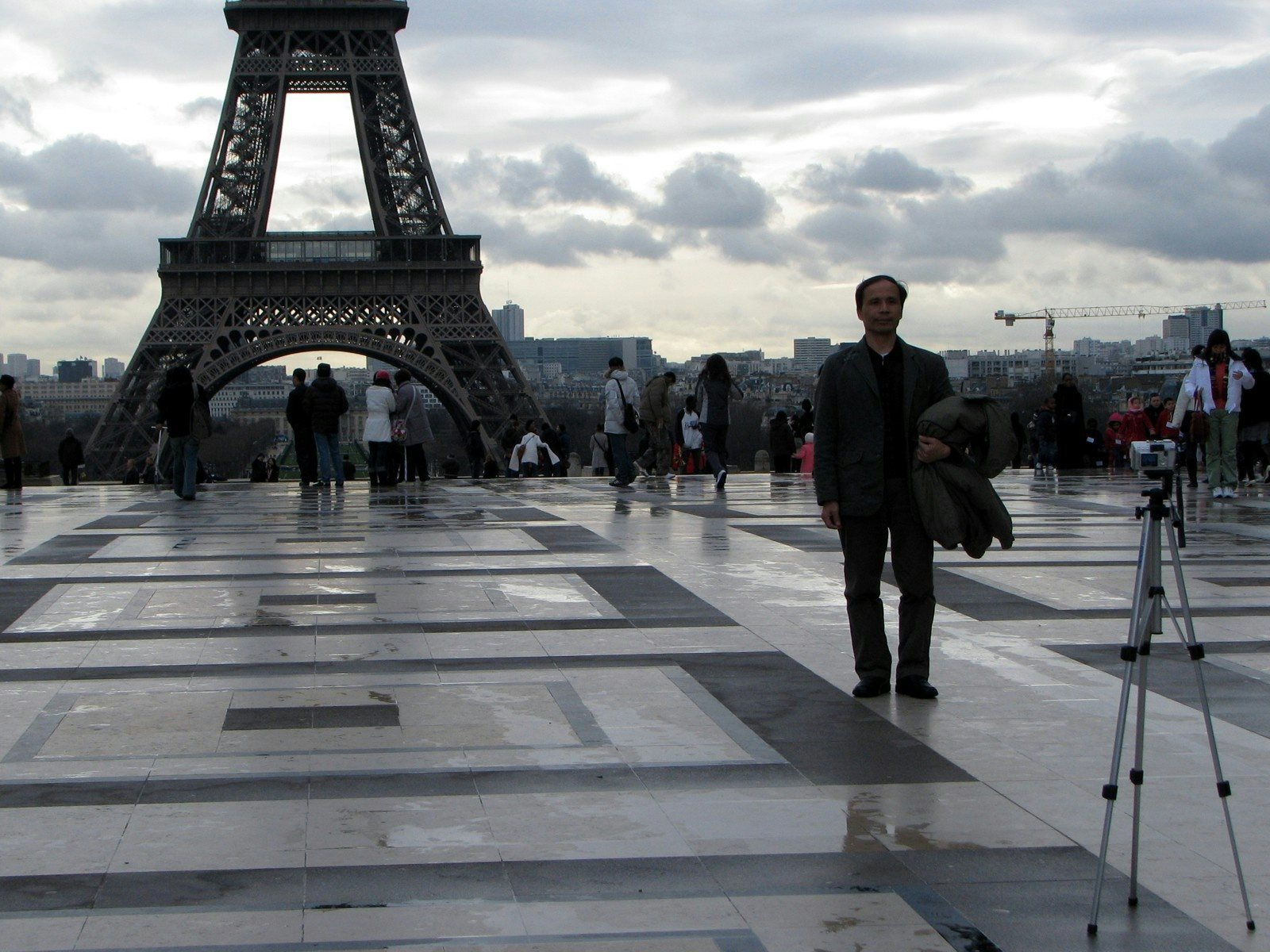Safety has become a front and center issue for Chinese tourists this year, putting traveling to hot spots in Europe and other parts of the world on hold for some. Terrorist attacks have caused major waves of tour cancellations, but a series of recent incidents have compounded problems even further. With interest in Paris already dwindling, Chinese locals there protested in the streets last week after a Chinese tailor died of injuries from being mugged. This followed a scare last month, when a group of 27 Chinese tourists on an airport bus were tear gassed by thieves. France 24, a local news outlet, reported that “violent robberies” of Chinese have tripled in the last year, adding that they “are seen as lucrative prey as they are thought to habitually carry large sums of cash.”
Chinese tourist numbers to Paris were down 5.7 percent in August, and the city has suffered a major loss of revenue this year, with flight bookings to France dropping 20 percent after July. But in the midst of unrest in Turkey, attacks in Germany and Belgium, an earthquake in Italy, and more, Europe as a whole has suffered with it—about half of the Chinese tourists planning to head there this summer canceled their trips, according to China Business News. Serena Wang, a reservations agent at Anantara Resorts in the Maldives said she finally decided to give up on traveling to Europe after the recent widely reported robberies in France. “I prefer to travel alone, so safety is more important,” she said. “People like me or people with a family and children do not want to risk it.”
High-end retailers have experienced major losses in profit this year, particularly due to the ebbing flow of Chinese tourists to France and other parts of Europe. Luxury brands are depending on either a resurgence in Chinese travelers or demand to come from shoppers in other countries if they expect to recover.
Whether these retailers will be able to catch a break is debatable. As of the end of last year, CLSA reported that safety concerns had already surpassed travel costs in terms of top priorities for Chinese travelers when deciding on where to go. By this time, factors like the Syrian crisis, the MERS outbreak in Korea, and the Paris terrorist attack had been at play. But Helena Beard, managing director of China Travel Outbound, a UK-based travel PR agency specializing in the Chinese market, thinks that for the long-term, the Chinese market is “quite resilient and realistic.”
“There will be short-term dips in demand to destinations where incidents have taken place, but other elements such as price and air access can quickly reverse this,” she said.
For examples of this, one can look to travel patterns in Southeast Asia. Kaci McAllister, deputy general manager of destination management company Destination Asia, China, said it usually takes a couple of months for tourism to bounce back in a country affected by a terrorist attack or a natural disaster if there aren't multiple incidents. Chinese tourist flow in Southeast Asia has been rocked by attacks in Thailand and a natural disaster in Bali, causing Chinese tourists to change their itineraries to “safer alternatives” like Macau, Myanmar, and Cambodia. McAllister said that the Zika virus is the next issue that could cause a ripple in travel changes, as cases were recorded in Singapore last month.
Malaysia is one place that's finally on the upward swing after Chinese tourists were deterred by the MH370 disappearance and a pirate kidnapping of a Shanghai woman two years ago. Xiao Zhong, co-founder of Malaysian travel agency Yeah Yeah Holiday, based in the state of Sabah, said the rebound can be attributed to a series of efforts from both the Malaysian government and local tourism agencies.
“About 70 percent of tourists canceled their bookings to Sabah at that time,” he said. “As a tour guide, I only worked for a few days in a few months and almost gave up in the tourism industry. Fewer tourists and lower income caused a lot of travel agencies to collapse.”
In response, the government made sure to stress that Sabah, particularly the popular tourist spot of Kota Kinabalu, was still safe. “The kidnapping happened in an island area of Semporna and Sandakan, which is on the east coast of Sabah near the Philippines,” Xiao said. “Kota Kinabalu is on the west coast, which is actually very safe, but most Chinese tourists don't know this. We do our best to promote and explain.”
The government also strengthened security areas in the city, especially on the east coast, and airlines eventually opened more direct flights to the area. By this year, Chinese tourist numbers were “much better,” Xiao said.
While there are always precautions travelers can take to feel safe in Europe, there have been questions as to whether France has done enough to make Chinese tourists feel safe. After the terrorist attacks, there was criticism that France didn't do enough “publicly” to strengthen security like the United States and London did after 9/11 and 7/7. The CEO of U.S.-based tourism company Attract China David Becker said he suspected that until “the perception of the security situation improves,” Paris will likely continue to experience a slow growth in tourist numbers.
Recent data shows that on a global scale, Chinese tourists have been favoring the United States and Australia, the latter of which has been relatively unaffected by attacks or natural disasters. Passenger traffic to Sydney was up more than 12 percent in July, with a large portion of jetsetters coming from China. For travelers like Wang, the cost is similar to Europe, and the number of sights and shopping opportunities are comparable.
“Australia is peaceful,” she said. “And the United States is full of people from everywhere, so they have less of a reason to target Chinese.”
